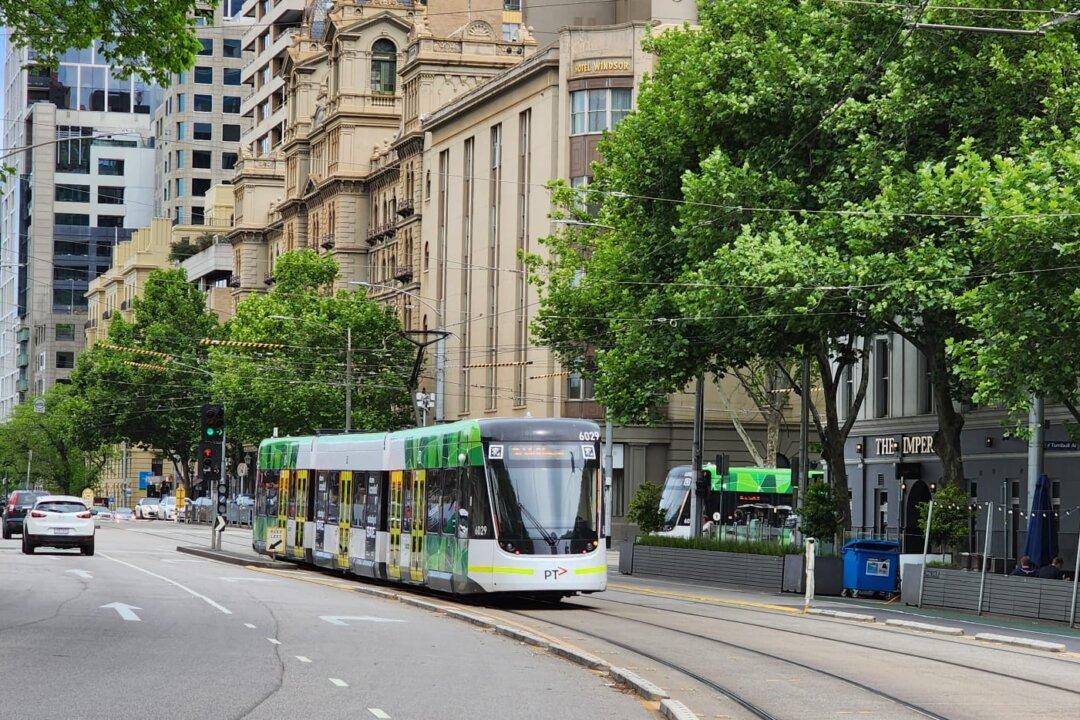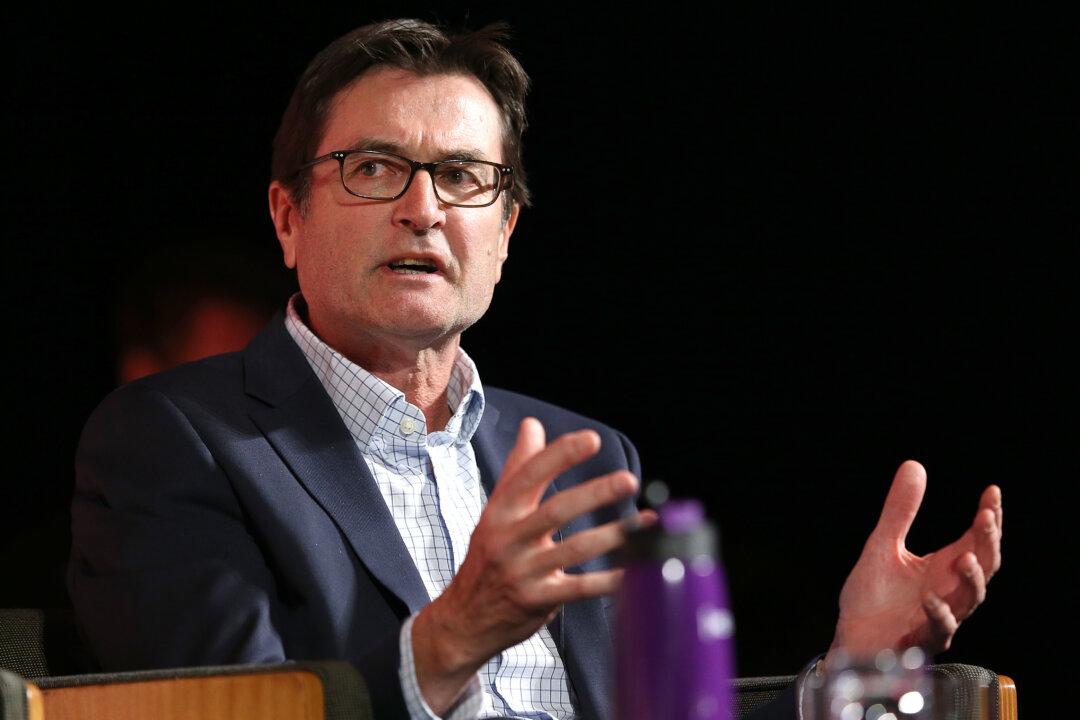Prime Minister Anthony Albanese was greeted by angry farmers last week in regional New England who say the building of transmission infrastructure—amid the net zero push—will impact agricultural land.
Mr. Albanese, along with New South Wales Labor Premier Chris Minns, and Environment Minister Tanya Plibersek, gathered at Tamworth Townhall for The Daily Telegraph’s annual Bush Summit.





